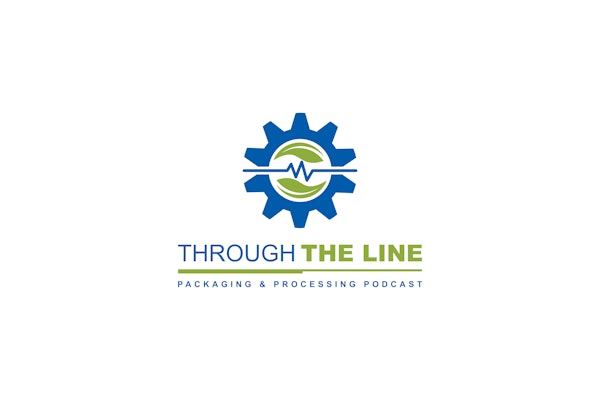Key takeaway: The Chevron Deference has recently been overturned, resulting in potentially less bureaucratic control over regulated industries, such as the FDA. Specifically for the packaging industry, it is not only the FDA that is impacted but also OSHA and the EPA.
The Supreme Court of the United States (SCOTUS) recently ruled on a case involving a long-standing precedent. In this case the justices voted 6 to 3, along ideological lines, to overturn the Chevron Deference. This ruling has the potential to impact all industries that are regulated by a federal agency, including the pharmaceutical, food, medical devices, and cosmetics industries.
The Chevron Deference was established by a Supreme Court ruling in 1984 (Chevron USA vs Natural Resources Defense Council) and gave federal agencies the ability to interpret federal statues in cases of ambiguity. To understand the implications of overturning this 40-year precedent it is important to recall the role of the three branches of government. The legislative branch writes the laws; the executive branch executes the laws; and the judicial branch interprets the laws.
The Role of the FDA
The FDA was created by an act of Congress in 1906 to regulate the food and pharmaceutical industries. Subsequent legislative action expanded the FDA’s scope and regulatory authority. Congress gave the FDA authority to protect public health by ensuring the safety, efficacy, and security of food, drugs, medical devices, and cosmetics. Thus, the FDA has the authority to enact rules and regulations to achieve their mandate. Some of the regulations might be considered to go beyond the role defined by the statute or it might be ambiguous whether a particular regulation is within the scope of the congressional legislation. These areas of ambiguity exist because the congressional acts that created and defined the roles of the FDA are not specific enough to cover every conceivable scenario. This is where the Chevron Deference comes in. The Supreme Court ruling in 1984 stated that in areas of ambiguity the deference goes to the federal agency to determine what is appropriate to deliver on their congressional mandate. In essence, the Executive Branch of the government is empowered to determine if a rule or regulation is within the scope defined by Congress.
In June, the U.S. Supreme Court overturned the Chevron Deference, which means that the Judicial Branch will now play a role when there is a question or concern whether a regulation goes beyond the Congressional statute. From a practical perspective, it is important to consider what impact this will have on the regulated industries including the packaging industry and the federal agencies that create the regulations. It is likely that there will be many more legal challenges to regulations imposed on industries. The FDA and other federal agencies will have to tread more carefully. They will have to get more industry feedback before enacting a new regulation to insure it will not be challenged, or if it is challenged, it can withstand judicial scrutiny.
Potential Consequences of Overturning the Chevron Deference
1) Uncertainty- When a federal agency enacts a new rule or regulation, there will be uncertainty about whether it will be challenged in court, and ultimately if it is challenged how the courts will rule. Overall, there will likely be more legal challenges.
2) Less agility and adaptability- Federal agencies will not be able to move as quickly as they did previously. They will have to work with the regulated entities and perhaps reach a compromise before new rules are enacted.
3) Less power for Federal agencies- Some critics have argued that the 1984 SCOTUS Chevron vs NRDC ruling gave too much power to the executive branch of the government. This latest ruling from SCOTUS will shift power from the Executive branch to the Judicial branch.
4) Less bureaucratic control over regulated industries, such as the FDA. The impact that this has on Life Science companies will be seen in the coming months and years. It could potentially result in lower operating costs for these companies as well as a shorter time to bring new products to market.
5) Less informed decision making- Subject matter experts at Federal agencies might have less influence in interpreting statues. Decisions on regulations requiring analysis of complex data and information will be made by judges who may not have the background to comprehend all the aspects of the particular regulation.
Ultimately Federal agencies and industry will have to work together more closely to ensure patient safety is not impacted. Specifically for the packaging industry, it is not only the FDA that is impacted but also OSHA and the EPA.
Patrick Gavit is a retired biochemist from Takeda Pharmaceutical Co., a Japanese multinational biopharmaceutical company. Gavit has 40 years’ experience in the Chemical and Biotech industries and is Six Sigma Blackbelt certified.






















